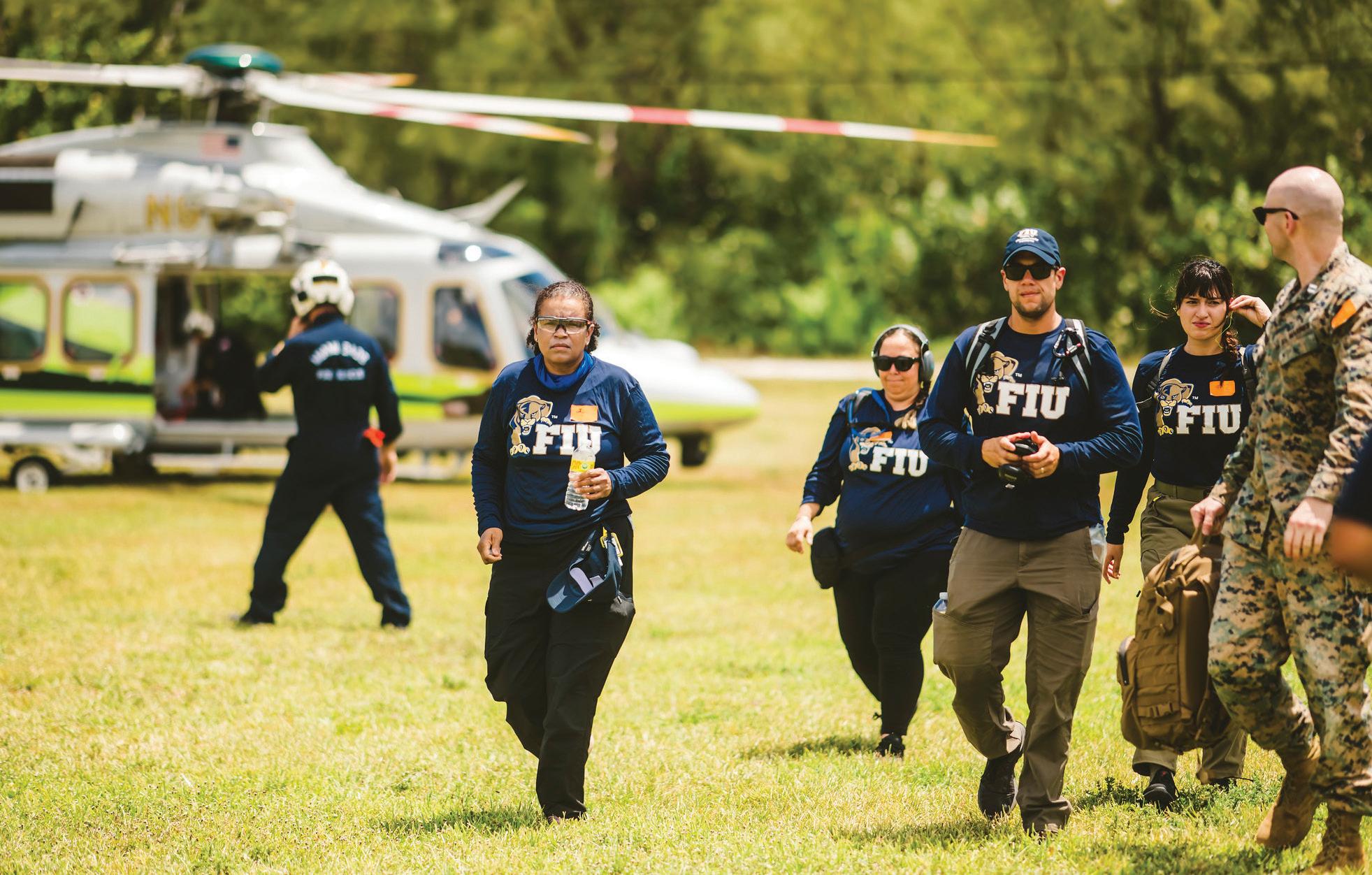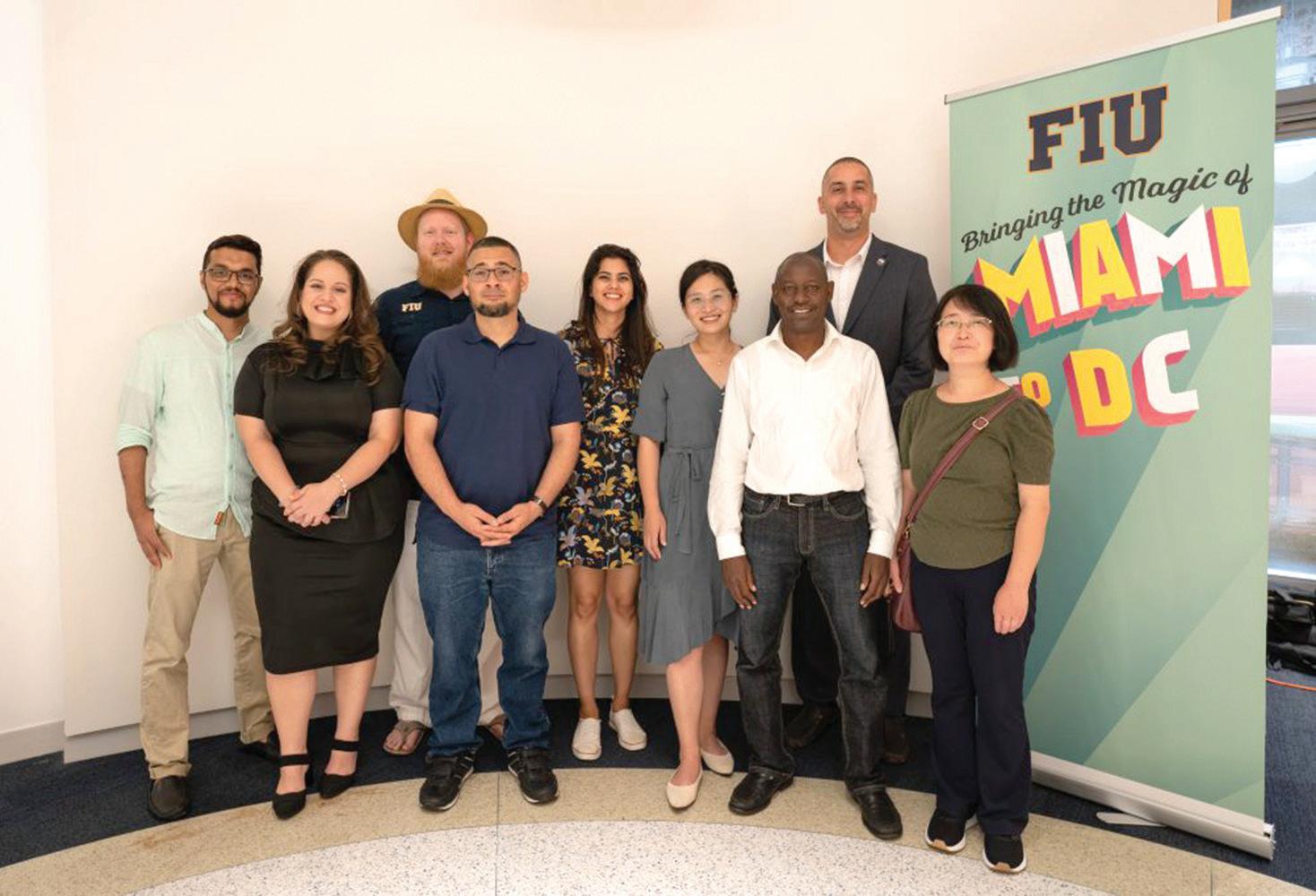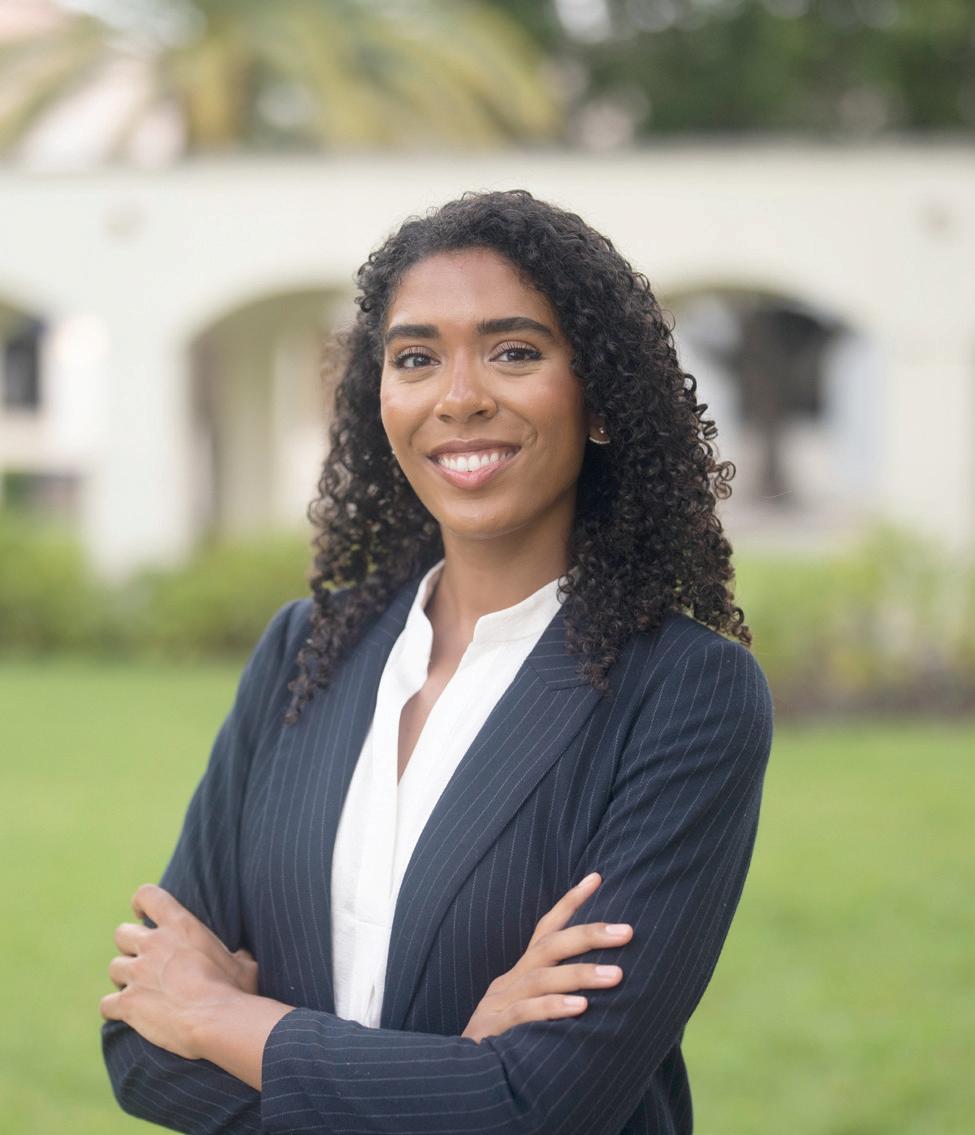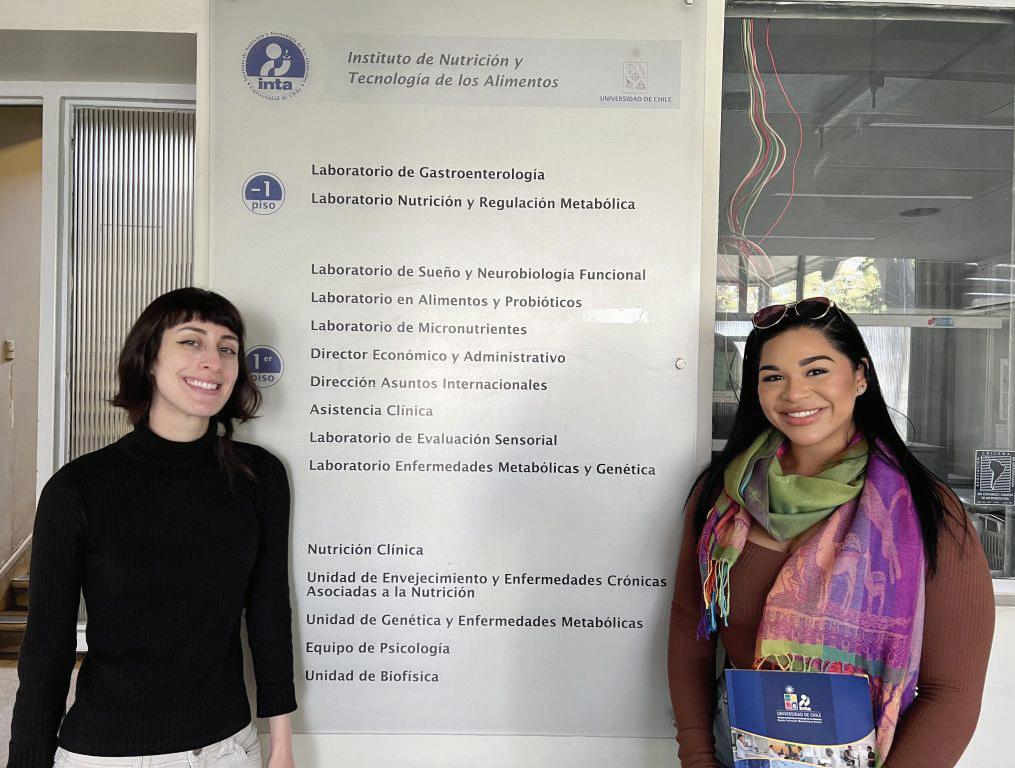
3 minute read
Student Success
STEMPEL COLLEGE STUDENTS MAKE AN IMPACT.

STUDENTS GET A CRASH COURSE IN DISASTER RESPONSE
With an increase in back-to-back hurricanes, historic wildfires, and unprecedented flooding, preparing the next generation of disaster management professionals to respond in times of crisis is vital for the security of communities near and far. Stempel College’s Academy for International Disaster Preparedness (AIDP), ranked No. 4 in the nation for its graduate program, is doing just that.
This year, 50 AIDP students got first-hand experience responding to a large-scale simulated international disaster. The three-day field operation exercise was the culmination of a 12-month intensive course that trained students on how to respond to extreme disasters across the globe. The course covered critical topics like deployments, civil-military coordination, reporting lines and authority, damage assessments, and more.
BIOSTATISTICS STUDENTS ARE USING DATA TO MAKE AN IMPACT ON POPULATION HEALTH

From L to R, Kazi Tanvir Hasan, Stephanie Garcia, Gabriel Odom, Sergio Perez-Melo, Ingrid Gonzalez, Ning Sun, Boubakari Ibrahimou, Zoran Bursac & Zhenghua Gong
In public health, translating data into clearcut messages can make an impact on the health of millions.
Behind the scenes of major public health decisions are data analysts, like biostatisticians, who develop new methods and model the data to identify trends that help improve approaches to health promotion, disease prevention and clinical care.
“Our job is to use statistical, mathematical and computing methods to analyze the data appropriately and extract value from it to drive population science, medical or clinical decisions. When the existing methods are not adequate, we make modifications or develop new ones to overcome the limitations,” said Zoran Bursac, professor and chair of the Department of Biostatistics, which is ranked No. 43 among public universities by U.S. News & World Report. At Stempel College, a diverse group of faculty members is training the next generation of biostatisticians. Through active research programs, students learn the latest in biostatistical and computing methods and work on projects that impact communities near and far. They also get the opportunity to present their research at national conferences.
This fall, three doctoral students, Ning Sun, Kazi Tanvir Hasan, and Sergio Perez-Melo, along with Associate Professor Boubakari Ibrahimou and Assistant Professor
Gabriel Odom, from the Department of Biostatistics, presented their research at the Joint Statistical Meetings conference, one of the largest statistical events hosted by the American Statistical Association.

Priscilla Clayton, a Ph.D. student from the Department of Dietetics and Nutrition, was selected as a Real Triumph Graduate. Real Triumph Graduates are a diverse group of graduates in background, nationality, interests, and ambitions — shining examples of what makes students so special. Priscilla has served as president of the Association for Graduate Students in Dietetics and Nutrition, presented 17 abstracts at national conferences, trained research assistants and staff on laboratory protocols, and volunteered with the Nicklaus Children’s Hospital. As a doctoral student, Priscilla joined forces with Cristina Palacios, who runs the MetA-Bone Trial, a randomized clinical control trial funded by the National Institutes of Health (NIH) that aims to help children grow strong and healthy bones. Priscilla’s work through the study informed her dissertation, which focused on the hydration status and association of body composition and bone mass in children and adolescents.
NIH PROGRAM SENDS HPDP DOCTORAL STUDENTS TO CHILE

Health Promotion and Disease Prevention
doctoral students Osmari Beatriz Novoa
and Gemma Galvez traveled to Santiago, Chile, to participate in the Minority Health & Health Disparities Research Training (MHRT) program—a program funded by the National Institutes of Health (NIH) and coordinated by the University of Michigan’s School of Public Health. The MHRT program offers research training opportunities in domestic and international settings for students from underrepresented backgrounds in the biomedical, behavioral, clinical, or social sciences.

From L to R, Gemma Galvez and Osmari Beatriz Novoa






